It is never a good idea to pour used oils and grease down the drain.
When you cook with oil, grease and fats, it can be appealing to dispose of them by putting them down the drain or rinsing your pan in the sink directly after cooking. Some people frequently pour their leftover grease into their sink without a second thought or wash out pans with cooking oil and other fats. In truth, putting grease, oil and other cooking fats down the drain is among the most typical sources of plumbing issues.
Even when people run the hot water in the hopes it'll look after any potential problems, grease-caused clogs can still form and have a disastrous effect on your drainage system, pipelines and general drain system. Legacy Plumbing & Rooter Inc., can help you adopt dependable ways to get rid of grease securely, efficiently and without risking blockages or other plumbing complications and provide solutions when you come across a blockage. Continue reading for our extensive list of grease disposal do's and don'ts!
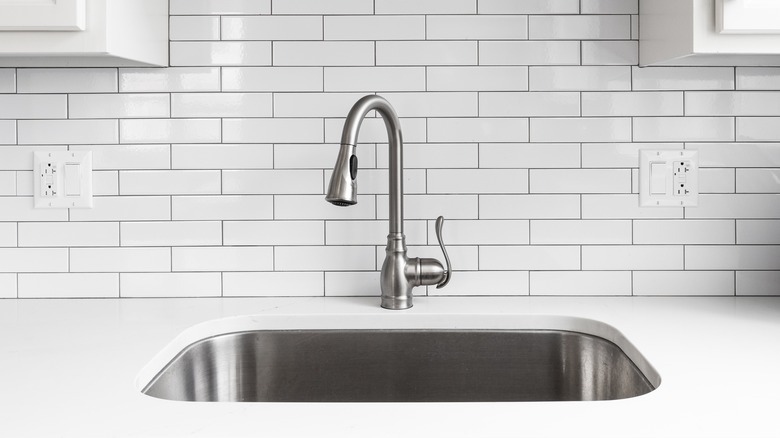
Why Is Grease Bad for Your Pipes?
While it may seem convenient to dump remaining grease down your sink drain as soon as you've finished cooking, pouring grease, doing so is far more dangerous than individuals realize. Grease and cooking oil can trigger comprehensive damage to your drainage system, garbage system and even sewer system by adding to blockages.
The inappropriate disposal of fats, oils and grease (FOG) can result in pipes blockages and even total clogs in your pipelines. The grease frequently found in butter, margarine, meat fats, lard, shortening, grease, sauces and salad dressings can trigger harmful buildup as they thicken and combine with other oil particles in the pipelines. If a backup of FOG takes place in your pipelines, it can limit water circulation throughout your home and prevent your pipes from appropriately draining pipes altogether.
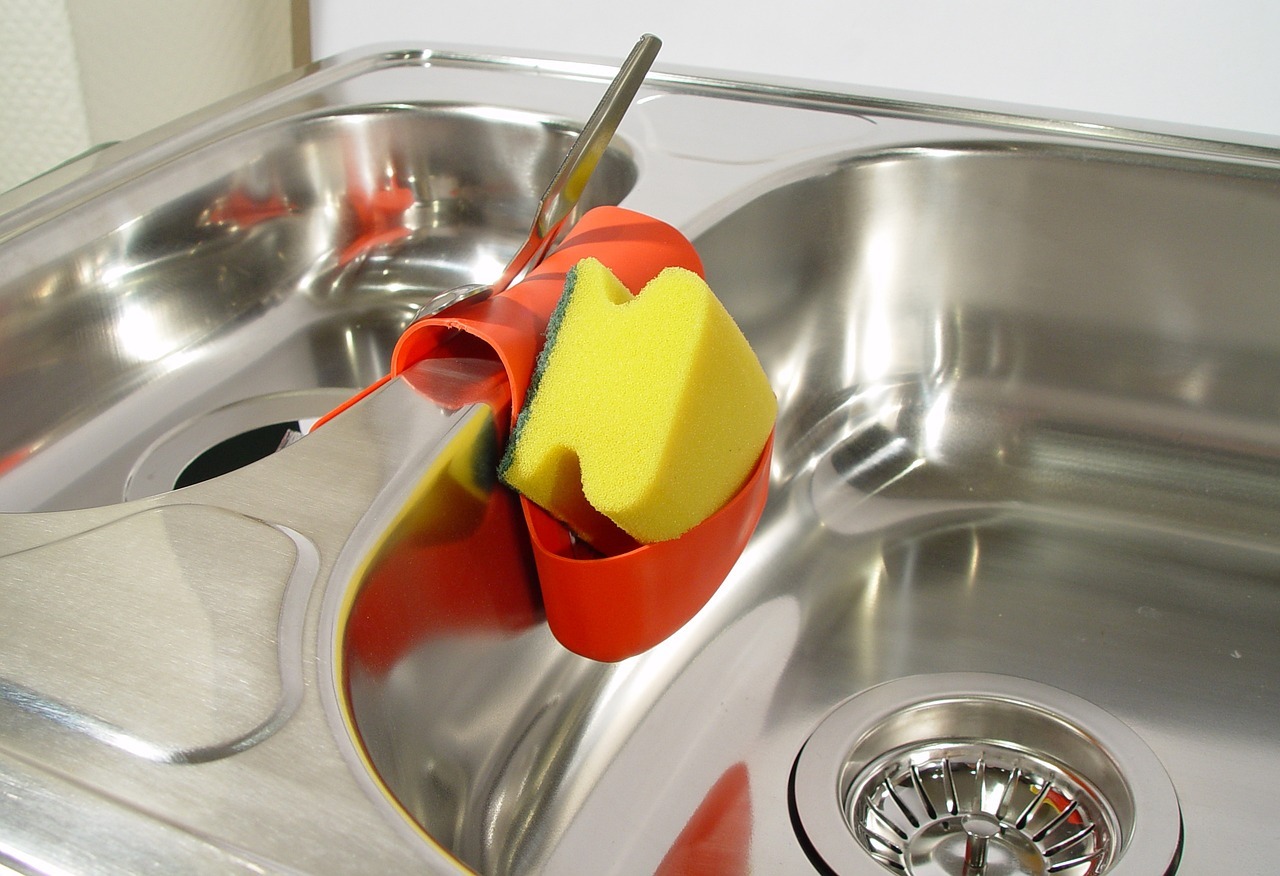
What Happens if You Pour Grease Down the Drain?
How does grease blockage drains? At its the majority of standard, grease-caused clogs are a matter of chemistry-- grease solidifies as it cools and can end up being lodged in your pipes and block drains pipes. As soon as you dispose your cooking oil and grease waste into your sink's drain, the fats in the grease break down into their a lot of basic parts of fatty acids and glycerol.
The fatty acids from the grease slowly bind to the calcium discovered in sewers and drain pipes due to concrete deterioration. As the acids and calcium integrate, they start to form a waxy, soap-like compound. As people flush more and more grease down their drainpipes, these solid substances gradually collect on the ceiling of sewage system pipes and form stalactites of fat called "fatbergs."
How Can Pouring Grease Down the Drain Affect Your Sewer System?
Over time, fat buildup accumulates and keeps particles within sewer pipelines, making it much more hard to dislodge.
These solidified fat deposits make it very hard to clean your pipelines completely and properly and can even extend outside of your home's personal drainage system. In severe cases, fatbergs caused by grease blockages can obstruct wastewater circulation, severe sewage backups and ruptures.
Damage to a drain system can have an enormous negative ecological effect. Sanitary Sewer Overflows, or SSOs, are a release of neglected or only partially dealt with sewage resulting from unsuitable products sent to sewers or incorrect sewer maintenance. SSOs present numerous health threats, consisting of the transmission of viruses and bacteria and mold and fungi's growth. While SSOs typically cause tremendous damage to human residential or commercial property, they likewise expose bodies of water and drinking sources to human waste and pollutants.

In addition, grease and oil alone can travel into and contaminate natural waterways such as rivers and lakes. This introduction of excess oil into a body of water can deplete the water's oxygen levels and suffocate any wildlife living in it.
When you deal with FOG correctly, you can help ensure the correct function of your surrounding wastewater treatment systems.
How Do You Dispose of Grease?
Can you put grease down the drain? It's better to utilize other disposal techniques. Here are a couple of guidelines on how to dispose of grease properly.
1. Let It Dry Completely
To safeguard yourself from unexpected burns and allow the grease to solidify, you'll want to let it cool off and dry out in the air. Enabling the grease to solidify will make it simpler to scrape it off of pans and gather it throughout cleanup.
2. Scrape the Grease Into a Separate Container
When the grease has dried and is safe to handle, you can scoop or clean it out with a plastic spatula or a fabric rag. If you frequently keep a disposable container to collect your leftover grease, you can scrape all of the dried grease and fat into it up until you're prepared to clear it into the garbage.
When you're prepared to throw away the container, make certain you put it in a plastic bag to prevent any spillages or leaks from the container in the trash.
3. Toss It in the Garbage
Another possible technique you can try is pouring the liquid grease from the pan into an aluminum foil-covered bowl and cooling it for a number of hours. Once the grease has actually solidified in the fridge, you can secure the foil from the bowl or jar, cover the grease and toss it away securely. Keep in mind not to compost your grease when you get rid of it as the smell can bring in animals, and never ever dump your grease outside as it can still discover its method into the sewer system as runoff.
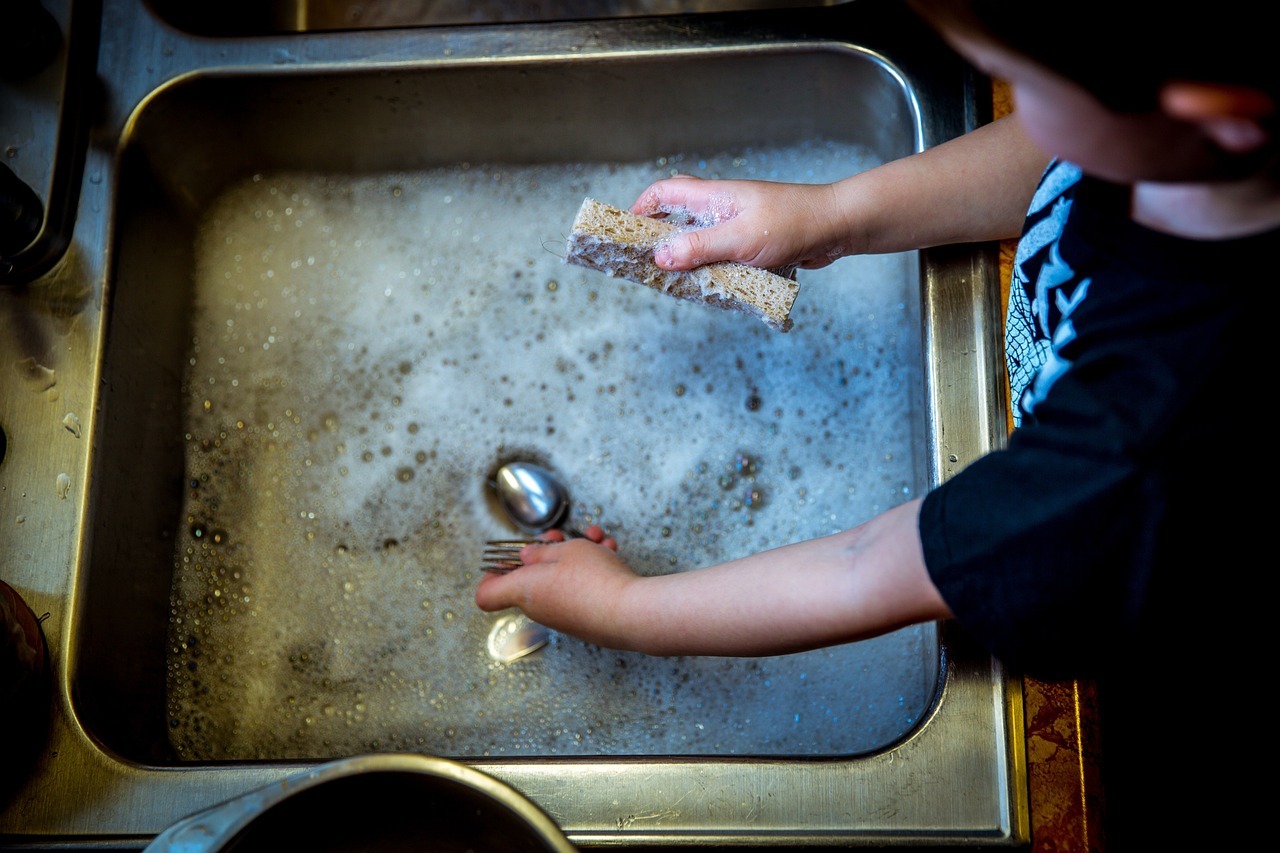
4. Clean Down All of the Pans
If you can avoid it, do not run water over greasy pans or meals.
After you've disposed of the majority of the dried grease, always use a paper towel or plastic scraper to clean down all of the pots, pans and dishes that entered contact with the oil before washing them in the sink.
How Do You Dispose of Cooking Oil?
Check out these suggestions on how to get rid of cooking oil.
1. Let It Cool
Just like hot grease, it's necessary to enable time for the cooking oil to dry totally to lower your chances of being burned. Let the oil cool down in the open air before attempting to dispose of it. Similar to grease, you can likewise freeze or cool cooking oil to accelerate the cooling process.
2. Put It Into a Trash Can
When you're disposing of a percentage of oil, such as a pan of olive or canola oil, you can just put the cooled oil into your trashcan on top of paper towels .
You can likewise put the oil into a disposable container and put that container into a plastic bag before positioning it into the trash.
3. Put It Into a Container to Reuse
If you're handling a larger amount of oil, you can pour the oil into a container with a removable top to deal with the oil safely in the trash . It can likewise be prudent to put the oil into a container to use it once again as long as you've prepared it properly and not warmed it past its smoke point. Recycling your oil can save you money and avoid you from squandering a perfectly good item. While the oil is still somewhat warm, stress it to get rid of any additional food particles and shop it in an airtight container in the refrigerator or freezer up until you're prepared to use it again.
4. Recycle the Oil
However, another alternative for disposing of bigger quantities of oil is to recycle it . After you strain your oil, you can put it in a sealed container and provide it to the collection site. To recycle FOG, you will not require to cool it for collection. When you're ready to recycle your cooking oil, you can try to find a regional collection website in your town. This way, you'll avoid contributing further waste to a garbage dump and transform it into a type of alternative energy. When the collection site has filtered out any food waste, they can improve the cooking oil into biofuel.
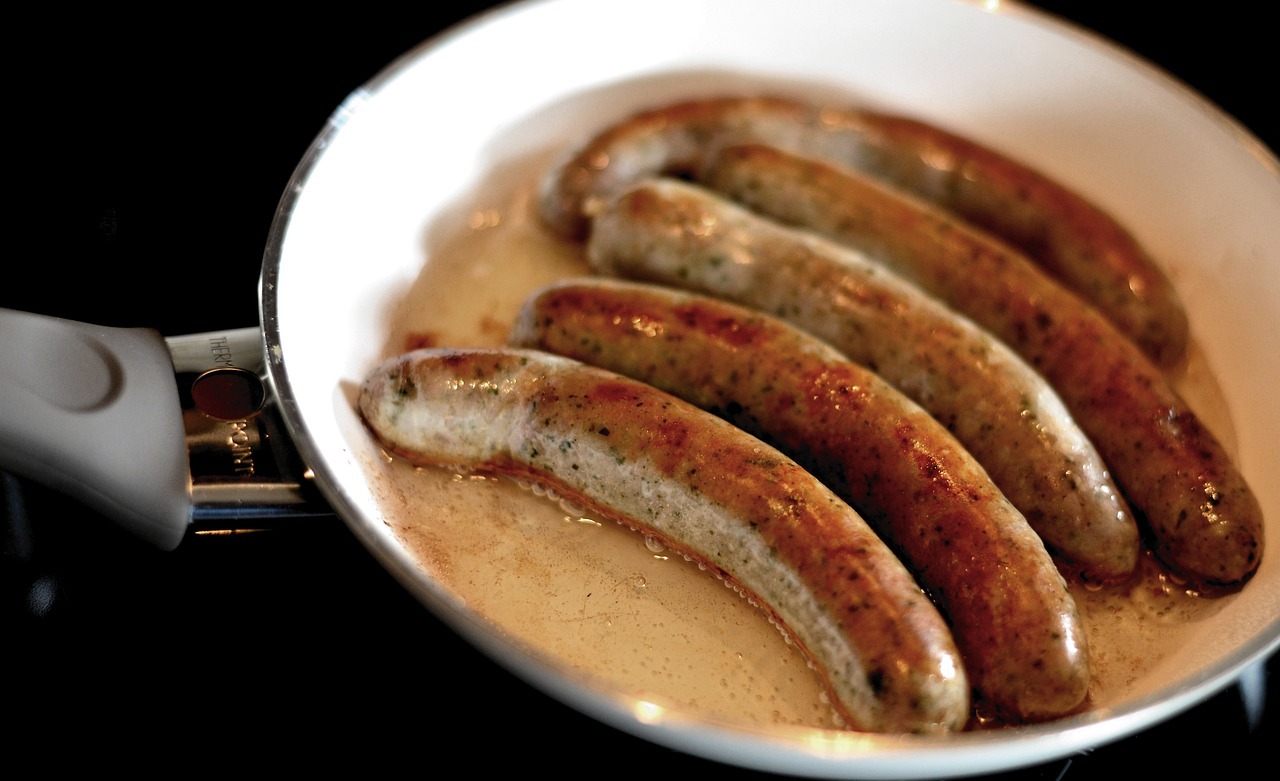
What Should You Do if You Pour Grease Down the Drain?
Is it ever alright to put grease or cooking oil down your sink drain? Exists ever any safe way to do it? What can you do to repair subsequent problems that may develop? Let's break down the following myths of potential "services" that can in fact cause more damage to your drain pipelines and system.
Misconception # 1: Boiling Water Will Ease Grease Down the Drain
Some individuals will try to pour big amounts of boiling thin down the drain instantly after discarding oil and grease into their sink. Due to the fact that boiling water can liquefy the grease stuck in your pipes, they believe that it'll effectively unclog your drain. Sadly, that's not a permanent option as it can carry the grease further down the pipe. Then, the grease and fats will congeal once again but in a much more unattainable area.
Misconception # 2: Running the Hot Water Tap With Dish Soap Flushes Grease
Individuals often believe that letting the hot water tap run with a little bit of soap will assist liquefy and flush any solidified grease. While warm water and dish soap can assist remove the grease and oil from your pipes, meal soaps just break down fats momentarily.
Using vinegar and baking soda is another popular option to try and flush any obstructions, but these too will just press the buildup even more into the drainage system.
Misconception # 3: It's Safe to Pour Liquid Cooking Oil Down the Drain
Fats and solidified grease posture the biggest danger to your drains and drain system. For that reason, many individuals think that considering that cooking oil is liquid, it'll decrease the drain simply as quickly as water. Nevertheless, cooking oils that stay liquid at space temperature can still trigger issues and run the risk of destructive and obstructing your pipelines. Olive and canola oils will still coat your pipelines and result in blockages even if you flush them with water.
Misconception # 4: Garbage Disposals Can Take Care of Grease
Waste disposal unit are powerful tools for breaking down food, however they're not designed to get rid of solidified grease or fats or buildup from liquid cooking oils.
Extreme use of your waste disposal unit can also add to additional obstructions, and ultimately, your garbage disposal blades will end up being less efficient from duplicated finishes of grease.
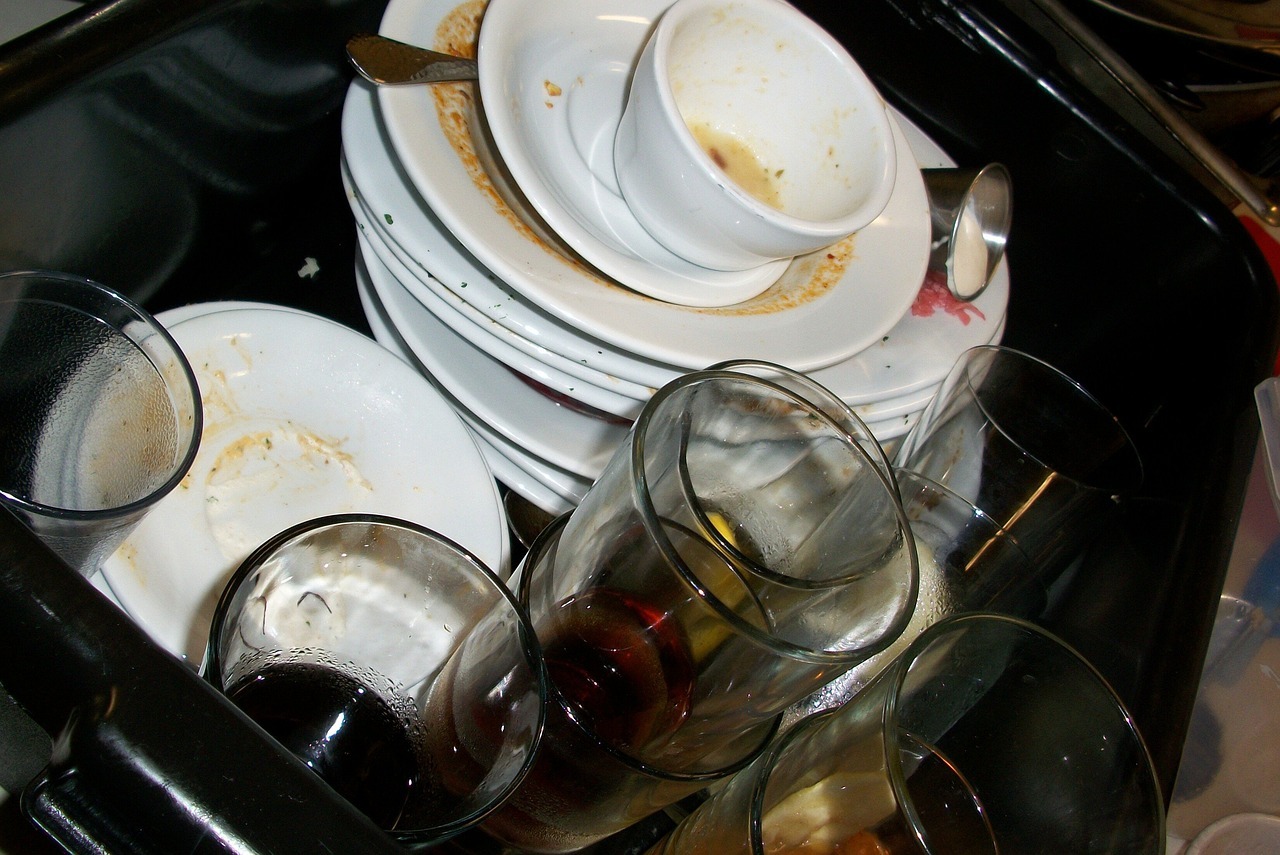
Ultimately, you should never put grease, cooking oil or any type of fat down your drain-- however there are methods to fix the issue if you've already put FOG down the drain. The very best option for unexpected grease spillage in your sink or accumulation in your pipelines is to call a relied on plumbing professional. You can expect warning signs such as slow drainage, an unpleasant odor or a gurgling sound coming from the drain to understand when you'll require to get in touch with a plumbing professional for assistance. Legacy Plumbing & Rooter Inc., can offer you with dependable and irreversible services by getting rid of any obstruction and preventing it from reforming.
Make an Appointment With Legacy Plumbing & Rooter Today
If you have questions about the wellness of your sink, drain system or pipes, our family-owned business is here to assist. We at Legacy Plumbing & & Rooter Inc., desire you and your household to have the very best plumbing and drainage systems possible.
If you prefer professional assistance, the skilled plumbers at Legacy Plumbing and Rooter are ready to help. Our team is available 24/7 and committed to providing efficient and effective drain cleaning services. Don't take any chances when it comes to your home's plumbing system. If you live in the San Francisco Bay Area and the surrounding cities like San Mateo, San Carlos, Mountain View, Campbell, San Jose, Milpitas, Fremont, Hayward, San Leandro, Burlingame, Daly City and South San Francisco and have questions I suggest calling Legacy Plumbing and Rooter (408) 649-3149. We are here to answer your questions. We can also schedule a plumbing inspection and you can enjoy peace of mind knowing that your home is in good hands.

 Add Row
Add Row  Add
Add 






Write A Comment